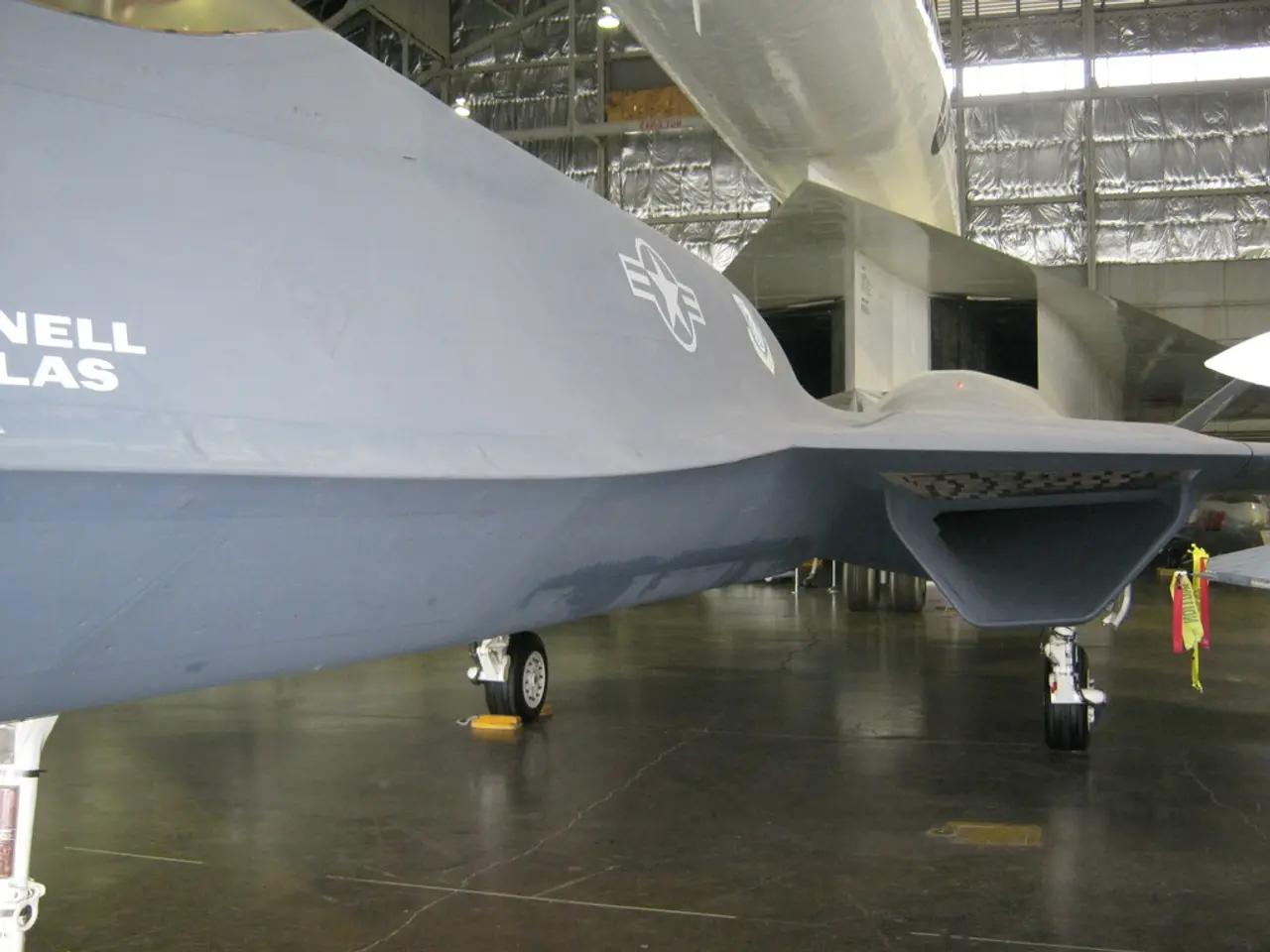Global Aviation: The Pivotal Role of Taiwan's Involvement in the International Civil Aviation Organization for Safety, Security, and Human Rights Protection
In the dynamic world of global aviation, the question of Taiwan's inclusion in the International Civil Aviation Organization (ICAO) has become a pressing issue. The exclusion of Taiwan from ICAO is a critical safety and security risk to the global aviation community, as well as a hindrance to the economic potential and efficiency of international air transport routes and global trade.
Taiwan's Civil Aviation Administration (CAA), established in 1947, manages the Taipei Flight Information Region (FIR), one of the busiest and most complex airspaces worldwide. The Taipei FIR oversees over 1.64 million flights annually, covering 18 international routes, four domestic routes, and 17 airports providing civil air services. Taiwan's geographic location makes it a critical hub linking Northeast Asia, Southeast Asia, and the Pacific.
Effective air traffic management relies on real-time data exchange, coordinated procedures, and mutual recognition of standards. Without formal ICAO membership, Taiwan cannot fully participate in these essential elements, which could lead to potential safety risks and operational inefficiencies.
Inclusion would enable Taiwan to collaborate more effectively on sustainable aviation fuels, emissions monitoring, and green airport operations. Taiwan's participation in ICAO initiatives is vital for advancing global efforts to reduce aviation's carbon footprint. In 2024, Taiwan's airports served approximately 64 million passengers, and Taiwan's aviation sector is a major economic driver, supporting millions of jobs and facilitating billions in trade and tourism.
Taiwan's China Airlines and EVA Air ranked 14th and 20th respectively in international air cargo volume in 2023. Taoyuan International Airport, Taiwan's primary airport, ranked 13th worldwide for international passenger volume and 10th for air cargo volume in the same year.
Meaningful inclusion of Taiwan would strengthen international aviation governance, improve safety standards, advance environmental sustainability, and foster economic growth. Countries that have already concluded Air Services Agreements with Taiwan include Austria, Norway, Thailand, and several others. Specific official agreements include Austria (signed 2014), Norway, and Thailand among others.
Denying Taiwan equal participation violates the rights of its 23 million people and undermines the safety, security, and sustainability of global air transport. The absence of official communication channels between ICAO and Taiwan delays response and complicates coordination during incidents or security threats within or near the Taipei FIR.
The exclusion of Taiwan from ICAO infringes upon the human rights of its citizens, denying them equal access to the benefits and protections of global aviation governance. Taiwan's CAA consistently adheres to ICAO's Standards and Recommended Practices (SARPs), despite being excluded from ICAO since 1971.
It is clear that Taiwan's inclusion in ICAO is not just a matter of geopolitics, but a question of safety, sustainability, and economic growth. The time has come for Taiwan to take its rightful place in the global aviation community.
Read also:
- Dual-function mattress offers both cooling and coziness at an affordable price.
- Ontario falls short by a small margin in delivering the goal of four hours daily care for long-term care residents.
- "Thrilled response" from animal rights organization following cessation of canine testing at London, Ontario healthcare facility
- Mindfulness-Based Cognitive Therapy's Role in Alleviating Chronic Worries and Anxieties








